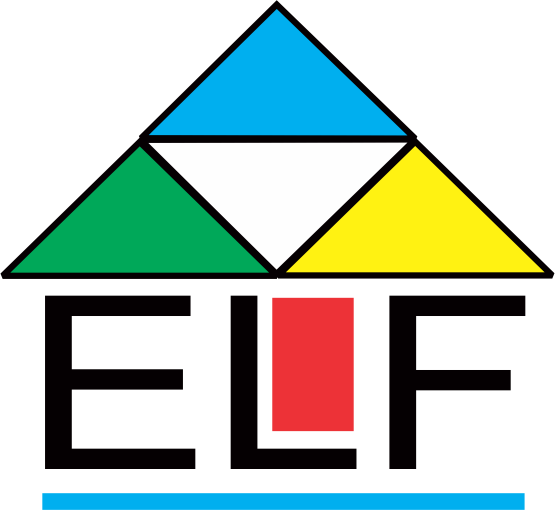From: Equatoria Leaders Forum
To: Gen. Alfred Futiyo Karaba
Governor, Western Equatoria State
Date: February 4, 2021
Subject: Open Letter: Request to Review timber logging contract
Equatoria Leaders Forum (ELF), which consists of the sons and daughters of Equatoria both at home and in the Diaspora, is writing to you regarding the reported contract between Western Equatoria State government and TODAF Engineering and Civil Works Limited. A deal is said to been struck with this company worth 2.5 billion United States Dollars.[1]
ELF wholeheartedly supports the idea of utilising local resources to finance sustainable development projects, and your efforts to provide services for the people of Western Equatoria State is highly commendable.
That said, frequently, lack of transparency is the root cause of bad practices in the management of national resources. The ELF is of the view that, for such a mammoth undertaking, all relevant state and national institutions and the state legislature must be involved. So far, of the ten states not one has a government or a legislature yet.
Besides, the contract raises several critical concerns. Not least because using a barter system is economically inefficient. It will put your administration and citizens at a significant disadvantage in a number of ways. Among these concerns are the following: –
(1): The barter system requires a double coincidence of exchanging goods or services to function efficiently. Our investigations established that you would never get all the capacity needed for the suggested broad range of engineering works within a single entity, especially so for a small trading concern such as TODAF, that has no track record in any of the undertakings listed in the contract. ELF members have researched this company and found that it does not have the capability to undertake the magnitude of the tasks expected from it. It has neither the personnel, the capital, nor the expertise to carry its obligations under the contract and ensure quality. The company may end up sub-contracting other companies, thus increasing the complexity of accountability in case something goes wrong. Moreover, the company does not have the expertise in managing the business of logging and forest management.
(2): Barter accounting has no standard unit to measure time value of the bartered commodity, and services. Over the five years’ time of the contract, the value of the bartered commodity, in this case the trees, is bound to rise, with benefits accruing only to the company, and not the State. Moreover, it makes accounting an impossibility. Besides, WES will not store value or save real capital to contract a diverse and competitive infrastructure companies that can generate positive spillovers to the local economy over the next five years.
(3): Your state will not be able to diversify production and encourage specialisation in skills and jobs. It implies a significant loss of potential future employment for the people of Western Equatoria.
(4): The vast forestry resources of WES, managed on their own in a sustainable manner, can provide a springboard for significant industrial growth of the state, providing thousands of good jobs, and business opportunities to its citizens. If properly managed, WES forestry resources can lead to the establishment of such affordable factories for producing tissue papers, toilet papers, stationary, matches, quality furniture, to name a few for the entire South Sudan. Needless to say, that all these items are being imported from neighboring countries. WES can once again regain its place as an industrial powerhouse of South Sudan, as the Nzara scheme used to be.
Deforestation is not just a problem that can affect Western Equatoria State; it is affecting the entire country on a national scale. It is why the ELF strongly urges your administration to rescind the contract for now and instead opt for sustainable forest management and timber harvesting as a separate deal to develop in its own right, that will generate funds for the state. Meanwhile, task your physical infrastructure department personnel together with your economists and planners to draw up a plan for developing the infrastructure you want to have done.
We have seen what this type of barter arrangements has done and is doing with the failed project signed between Eastern Equatoria State and NIMOL (an Indian company) that was unable to replant trees yet the company harvested and took away the timber. The Juba/Yirol/Rumbek road is also an example of bartered arrangement which is proving to be a bad deal.
We don’t need to repeat these. That is why it is necessary to assess the potential environmental and social impacts of a proposed projects, evaluating alternatives and designing appropriate mitigating, management and monitoring measures. The other equally important concern is about the legitimacy of the bidding process, which ELF members believe must follow the procedure and standards of public procurement, embedded in transparency.
The matter has generated deep concern and anxiety because preceding generations invested in these plantations over the past 100 years and passed them down. Harvesting these forests should be based on sustainable forest management, with replanting as an integral part of the plan for future generation given their lasting, often irreversible impacts on the environment, desertification, and on the future generations of South Sudan. That way, we will make use of this potentially ‘renewable’ resource while at the same time ensuring that we too pass this resource to generations yet to come.
Thank you for your attention and understanding.
Sincerely,
Administrator
Equatoria Leadership Forum
CC:
Minister of Environment and Forestry
Minister of Agriculture and Food Security
Equatoria Parliamentary Caucus -RTNLA
Governor, Central Equatoria State
Governor, Eastern Equatoria State
ELF: Australia, Europe, USA and Canada, Africa and the Middle East
[1] Radiotamazuj: W. Equatoria govt, TODAF company ink US $ 2.5 billion timber deal https://radiotamazuj.org/en/news/article/w-equatoria-govt-todaf-company-ink-us-2-5-billion-timber-deal

